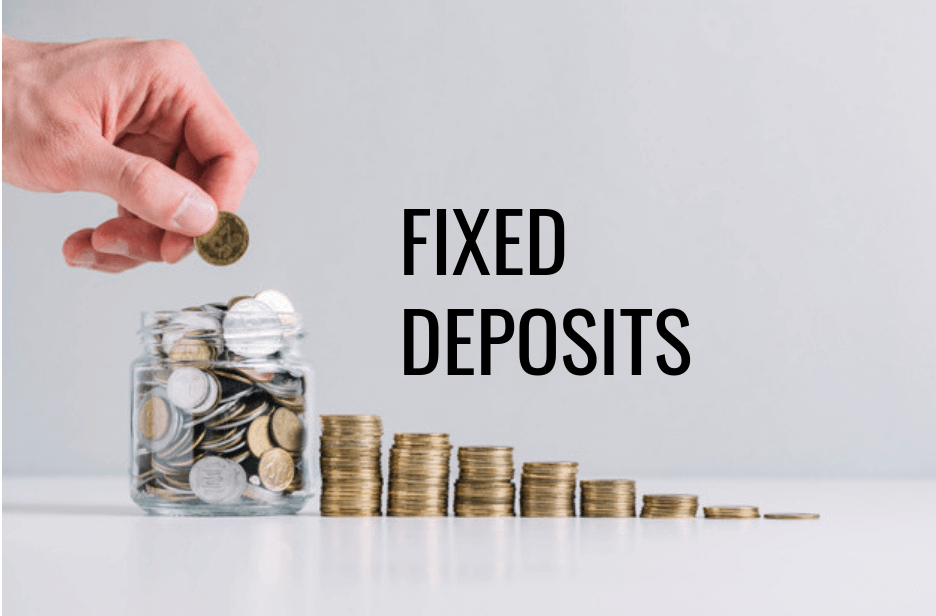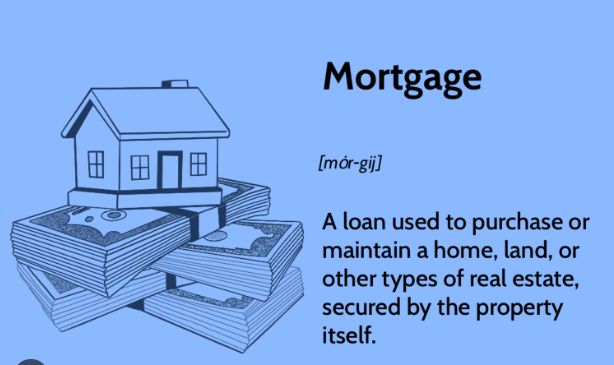Fixed deposits (FD) are one of the most popular and easiest investments tools in India. They do not have complexities like other investment options and also assure principal repayments with added benefits so you can make the most of your money. Besides, even with the rate changes during the tenure of an FD, the income remains the same on the interest.
Choosing to invest requires you to know the essential components of the same to safeguard your capital as well as the expected returns. Similarly, you need to be aware of the various aspects of fixed deposits as an investor. Here are the key factors worth considering when opening an FD account.
Assured Returns
One of the most important factors that you need to consider is the amount of return you can earn on your investment. While a lot of investment options are affected by market volatility, fixed deposits are safe from these fluctuations. As a result, when you open a fixed deposit, you will be entitled to safer and assured returns. Considering the current situation when COVID has contributed to market volatility, opening a fixed deposit is a smart and safe option.
Tax Benefits on 5 year Fixed Deposit
If you are looking for an investment option that also saves tax and is not affected by market fluctuations, you can opt for a tax saving fixed deposit. Tax saving FD enables the depositors to make an investment and save tax under Section 80C of the Income Tax Act. However, the minimum tenure for which you need to open a fixed deposit is 5 years.
Interest Rates
Fixed deposits and their interest rates vary from bank to bank, and you ought to compare these before making a decision. These rates also depend on the duration of the tenure.
Additionally, you can choose between cumulative and non-cumulative fixed deposits. The ones looking for long-term investment to gain returns upon maturation on both the accumulated as well as the principal interest can opt for the cumulative fixed deposit. The non-cumulative option offers a periodic income source i.e. monthly, quarterly, half-yearly, or annually.
Another aspect to keep in mind is that some banks will offer senior citizens a higher interest rate. If you are a senior citizen who wants to invest in an FD account, look for such schemes offered by banks.
Tenure Flexibility
Fixed deposits are always created for a specific period, making it crucial to check the tenure attentively. Some banks offer tenures allowing you to lock-in your investment for seven days to even 10 years. The deposit funds help you earn incredible interest rates and also allow pre-mature withdrawal at your disposal.
However, some banks have clauses on pre-mature withdrawal, and you may have to face a penalty resulting in reduced total FD interest. You must narrow down on your financial requirements and goals to choose your FD tenure depending on the situation.
Credibility of the Bank
Fixed deposits are one of the relatively safe instruments of investing, but it is always better to be safe than sorry. Check the credibility of the bank; even though FDs are secure under the depositor insurance program, it only insures an amount of up to Rs. 1 lakh. Check the credit rating of the bank before deposit a massive amount of money.
If you are still in two minds about this, you can also choose to invest smaller amounts of money but spread it across various banks. Doing so will avoid overdependence on one bank by not putting a chunk of money in a single FD.
Tax Benefits on an FDS
In line with your income tax slab, the interest income you receive on your fixed deposit is taxable. For the assessment year 2019-20, the bank could deduct the TDS if the annual earnings from the interest exceeded Rs. 10,000. At present, the interim budget 2019 has announced that the TDS deduction limit is increased to Rs. 40,000 annually on fixed deposits.
Moreover, if the bank does not have pan card details, a 20% TDS rate applies to the fixed deposit interest. Also, if your income is below the taxable limit, you can submit your Form 15G and 15H to the bank and avoid any deductions on your FD. Additionally, the onset limit for TDS on interest for senior citizens is Rs. 50,000 under section 80TTB.
Essentially, keep the factors mentioned above in mind and you will have a smooth-sailing journey when opening a fixed deposit account. Most banks offer an easy online process to open an FD. Once you’ve figured out your needs and compared options, you can choose the right one to open an FD.





